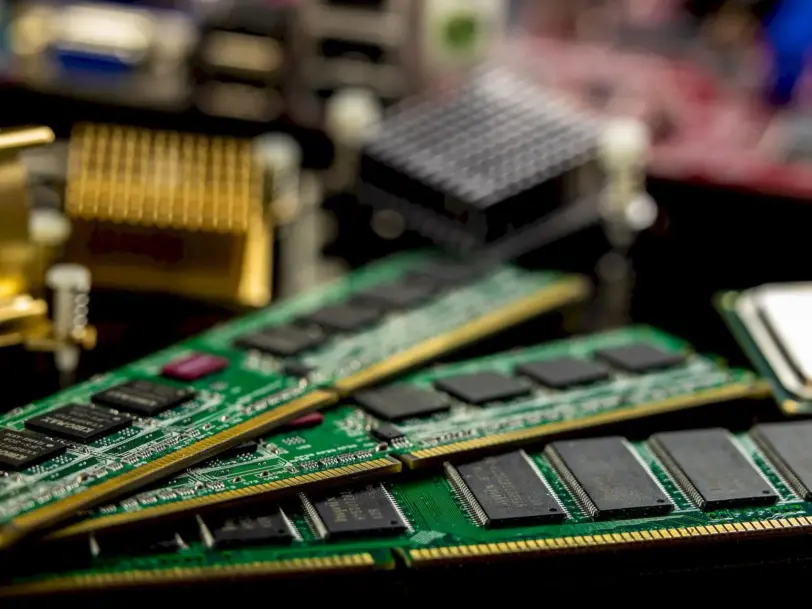Does ram memory speed matter?

If you have doubts about whether the speed of RAM memory is that important, here are tips. When it comes to the speed of RAM and certain applications like games, there’s more to it than the simple concept of “higher is better.” The speed of RAM, and especially the memory speed of RAM, is the subject of much speculation. This article examines both topics in detail.
What does the speed of RAM memory mean?
The RAM speed question is a misnomer, so let’s define some terms first. To determine the speed of your RAM, you need to consider several factors, such as your processor’s frequency, bandwidth, number of channels, quantity, double data rate (DDR), latency, and even speed and memory throughput. The term “RAM speed” is often used to describe the frequency of RAM (the number of instructions it can process per second), so we’ll do the same for this discussion. DDR4 RAM is identified by its frequency in MHz, which is usually listed immediately after the DDR version. For example, 8 GB DDR4-2400 RAM runs at 2400 MHz, DDR2 RAM starts at 800 MHz and goes up to 4200 MHz. Current DDR4 modules start at 2133 MHz.
When used with a fast CPU, high-frequency RAM can significantly increase computer performance, but instruction operations are handled by the system RAM, not the CPU, so frequency may not translate into better performance in the real world.
What does RAM memory affect?
By having a discrete GPU, the processing unit (CPU), storage, and integrated graphics cards can be fed with data faster thanks to high-speed RAM. For example, video RAM is currently available with GDDR6. RAM speed is important, but more RAM is better than faster RAM. If you are building your own computer and have budget constraints, you may want to purchase lower speed RAM instead of faster RAM.
Considering the various assumptions regarding a higher RAM frequency, it is conceivable that this would have a negative impact on gaming tests and frame rates. However, in practice this does not seem to be the case. It seems to have little, if any, effect. The video RAM of a dedicated graphics card directly affects gaming performance. Therefore, apart from the reasons mentioned above, system RAM frequency has only a minor impact on gaming performance.
Are there any disadvantages to faster RAM?
It’s not bad for RAM to reach certain frequencies, even if most applications don’t take advantage of them. There is also the risk of RAM getting stuck and crashing if overclocked to these extreme numbers. We’ve always believed that stability has to be sacrificed to get a little more performance, which is why most modern operating systems opt for DDR4-2400 ECC and DDR4-2666 non-ECC RAM for faster RAM speeds.
It is always preferable to have faster components than you can buy. However, RAM speed is not as important as CPU, GPU, and storage performance for most people, and once again, more RAM is better than faster. If you want to increase your computer’s performance, you should consider adding RAM, a faster CPU, a more powerful GPU or SSD instead of HDD.
AMD processors perform better with Higher RAM frequencies. Keep this in mind in your PC settings. Current progress with DDR5 memory is very small on both Intel and AMD platforms, at least as of the date of the article.
However, keep in mind that a higher frequency generally means a higher consumption and greater heat dissipation. In addition, since the electromigration phenomenon may be promoted at high speeds and high temperatures, it may also reduce the lifespan of the memory.
Now you know more about how important the clock frequency or speed of the RAM memory is in performance and whether there are any disadvantages to having very fast modules…